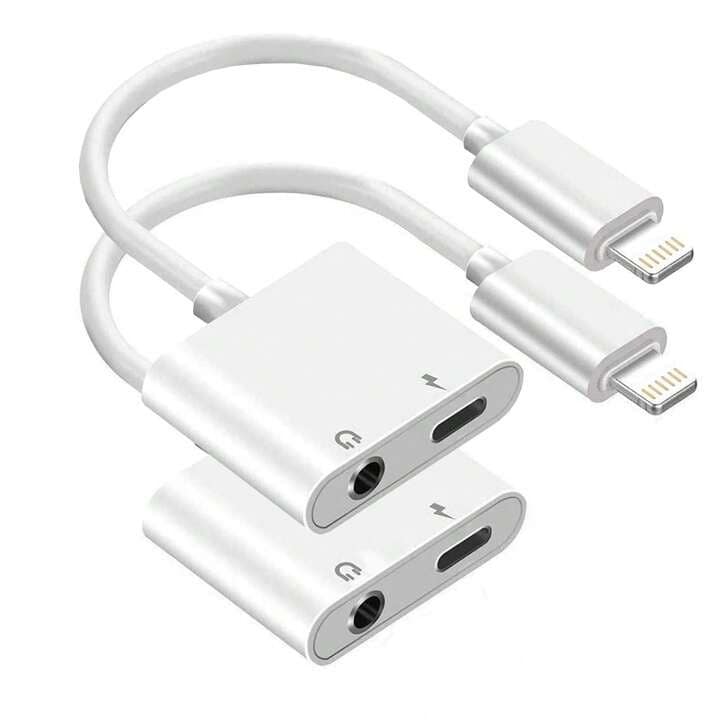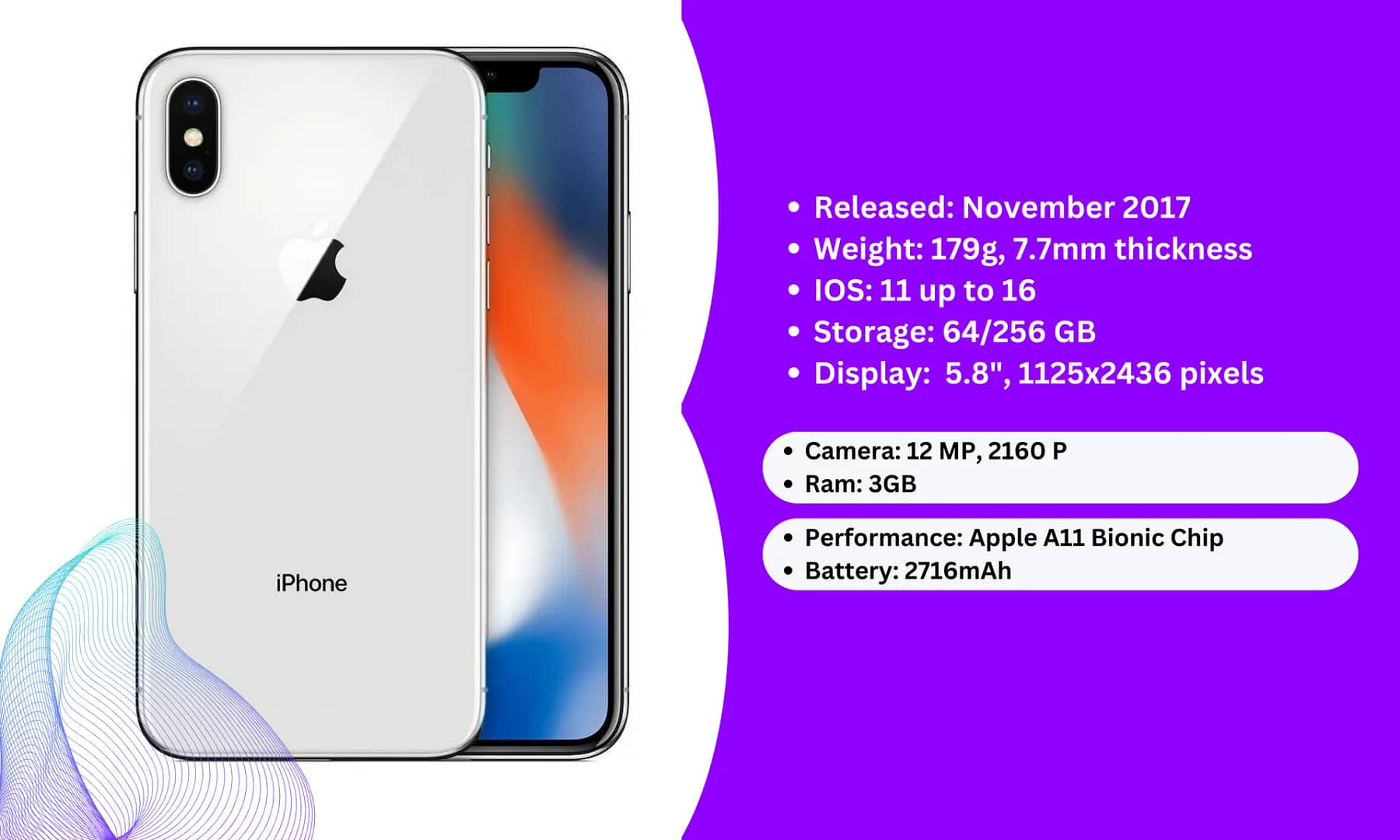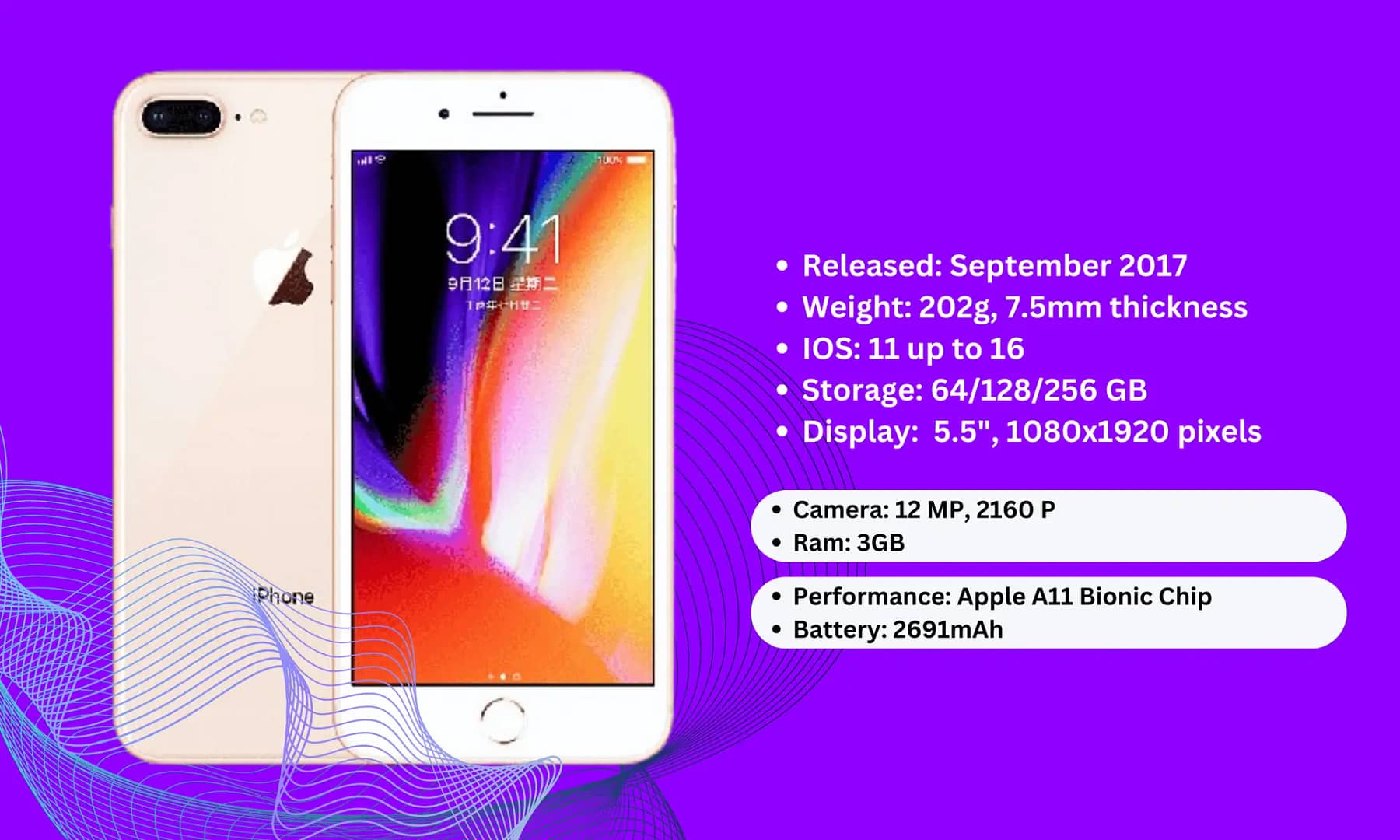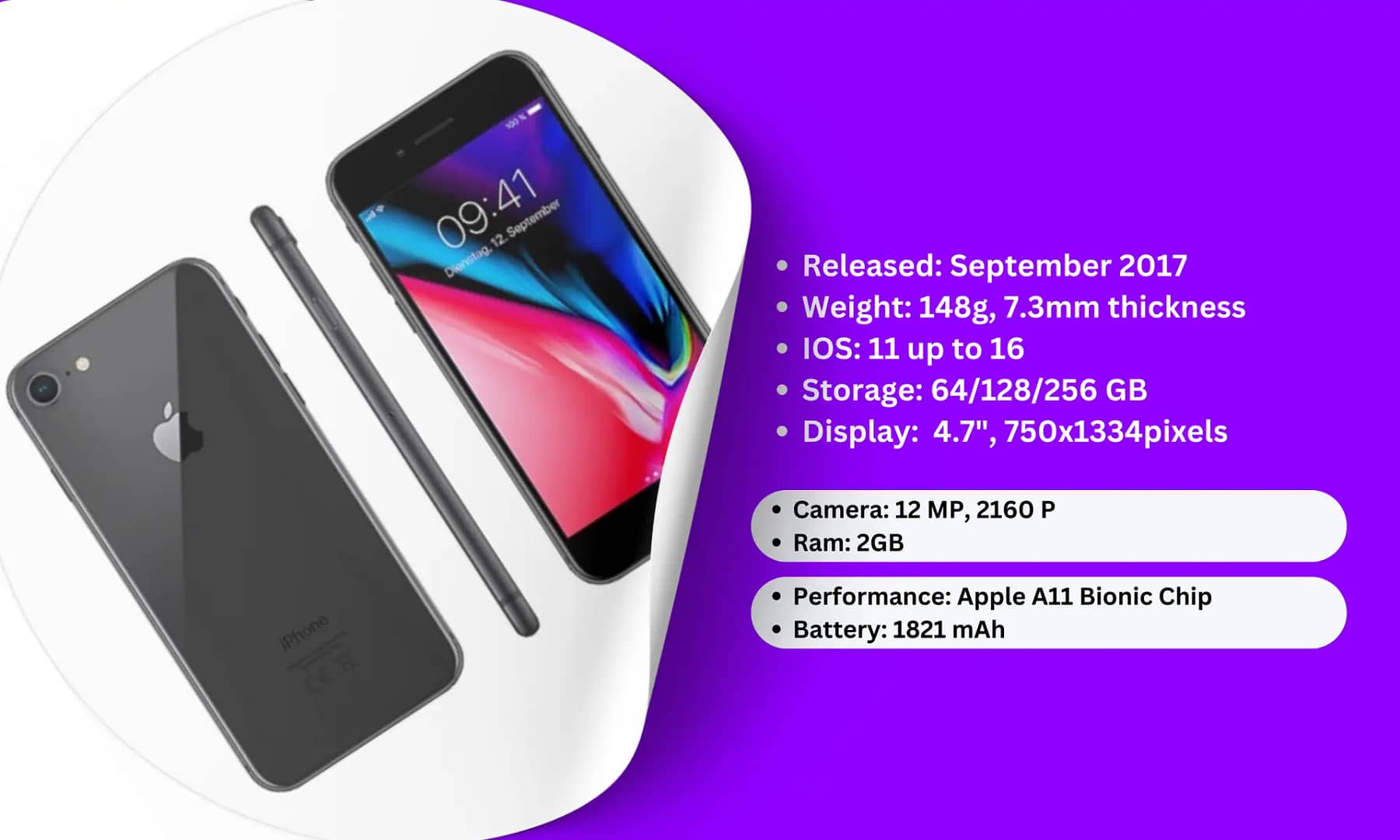Introduction
When Apple launched the iPhone 7 in September 2016, it broke nearly a decade of design philosophy behind iPhones. The iPhone immediately did away with a headphone jack, introduced stereo speakers, and added much-needed water resistance-a bold step forward for the lineup.
Although a few generations old, it holds its own with an A10 Fusion chip and solid design, making it very well-suited to those looking for an affordable yet reliable iPhone experience. The iPhone 7 Plus, iPhone 8, and the iPhone 8 Plus all share similar features to it.
In this article, we take a look at some of the features, performances, and designs of the iPhone 7, and whether it is worth buying in today’s environment.

iPhone 7 Design and Build Quality
When launched, the iPhone 7 brought many changes in design; however, it was sort of the base for further models. Its sleek and light aluminum unibody gives this phone a more premium feel to hold onto, even with its tiny size. The form factor is pretty compact, meaning that the 4.7-inch iPhone 7 makes a perfect fit for one-handed usage, which is missing on most big smartphones these days.
Arguably one of the biggest talking points surrounding the iPhone 7 was that the device omitted the 3.5mm headphone jack(you can use a headphone jack adaptor if you want to use the headphones). This sparked a lot of controversy and shifted consumers to options like Apple AirPods or using Lightning port for wired headphones. Since then, it has been trending in the industry, as a huge number of manufacturers continued it afterward.
This series also provides the first-ever water and dust resistance through the IP67 rating on the iPhone 7. This means that a submerged phone will not cause damage, should the situation occur from accidental spills, rain, or dust.
Moreover, iPhone 7 has also come in several colors, and Apple has offered quite the variety, with the glossiest appearance ever-think glossy Jet Black; meanwhile, more traditional finishes include Silver, Gold, Rose Gold, and Matte Black.
Performance and Battery Life
The iPhone 7 was powered by the A10 Fusion chip at that time, a revolutionary processor. It consists of a four-core configuration: two high-performance cores and two energy-efficient cores.

With such a CPU configuration, the iPhone 7 could handle power-intense tasks like gaming and video editing with ease and, on less power-hungry tasks, save battery life. The A10 Fusion chip performance test reveals astonishing results.
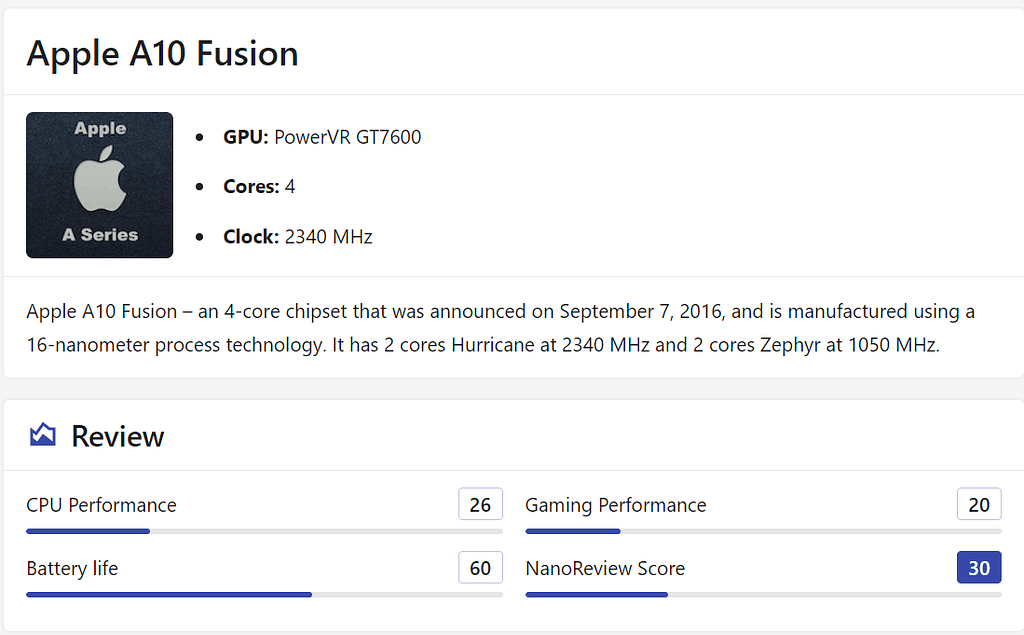
The iPhone 7 performs satisfactorily enough in daily usage, such as browsing, messaging, and streaming, not really showing real significant lag.
It may not have performance similar to the latest iPhones on the market today, but the A10 Fusion chip still holds its own for users who do not need heavy multitasking or resource-intensive applications. As far as the battery life goes, the iPhone 7 comes fitted with a 1,960 mAh battery, which should last up to 10 hours of web usage or up to 14 hours of talk time in a single full charge.
While the battery may be considered relatively modest by today’s standards, the combination of the energy-efficient A10 Fusion chip and Apple’s optimization of iOS really helps in squeezing the most out of its battery performance.
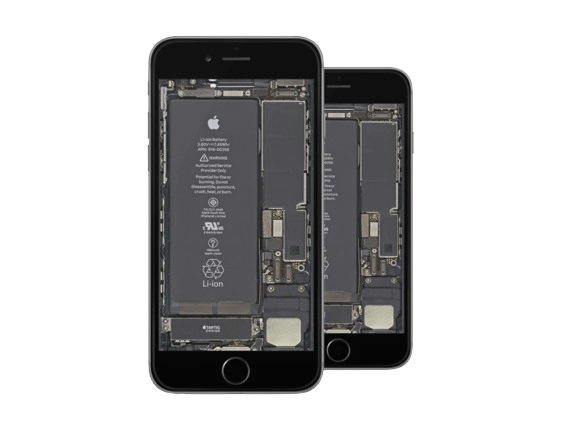
Camera System
The camera of the iPhone 7 was seriously improved compared to its predecessor. Starting with the back camera, a 12 MP sensor with an f/1.8 aperture can let in more light inside and thus give it great low light and sharp images. For the first time, this model introduced optical image stabilization, which lets one capture steadier photos and smoother videos without seeing the camera shake even while moving.
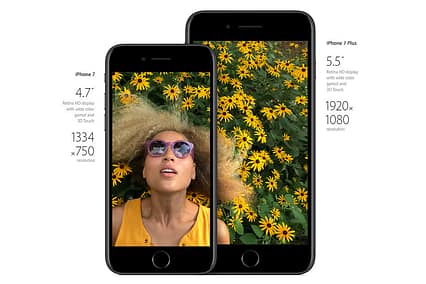
The front camera is fitted with 7 MP – perfect for selfie pictures and video calls. Moreover, it also provides Retina Flash to lighten up the screen and brighten up your face in low-light environments. The back camera further supports 4K recording, which ensures sharp and detailed captures.
While it does not sport an iPhone 7 Plus dual-lens camera system, the single-lens camera on the iPhone 7 is well-equipped enough to deliver quite good photography for casual users and social media enthusiasts alike.
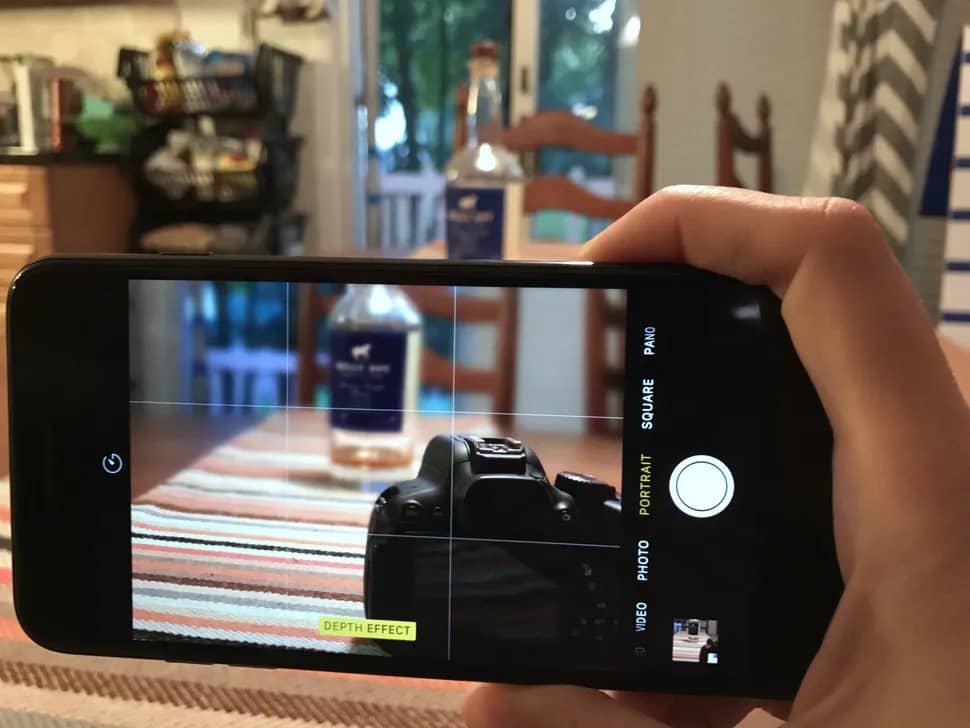
Display
Itsports a 4.7-inch Retina HD display and 1334 x 750 pixels resolution with a pixel density of 326 ppi. Also, this resolution is pretty low; however, the Retina Display still stands out regarding sharpness and clarity.
One of the major capabilities Apple brought out with the iPhone 7 display is support for wide color, P3. Offering a broader color gamut that would make images and videos look more vivid and life-like. The 3D Touch feature enables pressure-sensitive interactions. This allows quick access to app shortcuts and various contextual menus, just by pressing harder on the screen.
While the display is by no means ultra-high-resolution by modern iPhone standards, the Retina HD in its day was pretty great and thus can prove very satisfying to view, most definitely for users who appreciate small phones.
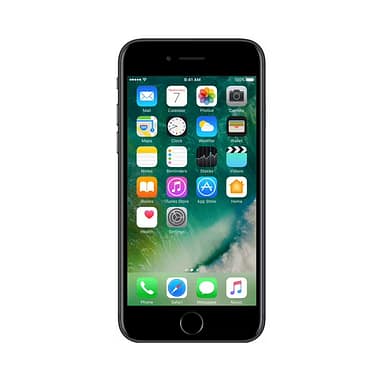
Software and Features
The iPhone 7 launched with iOS 10, but it’s still supported on newer versions of iOS. Meaning that users have access to the latest apps and features. One of the features on the iPhone 7 was Siri, Apple’s virtual assistant, which was significantly updated in this generation. Some of those updates included more advanced voice recognition and an integration into third-party apps.
Another feature introduced with the iPhone 7 was the solid-state home button with Touch ID. The home button is not mechanical but pressure-sensitive; it relies on haptic feedback to create the clicking feeling. Touch ID remains one of the most reliable and secure methods for unlocking phones and authorizing purchases.
It also integrated stereo speakers into the iPhone series. It is louder and of higher quality compared to earlier iPhones, making media more enjoyable.
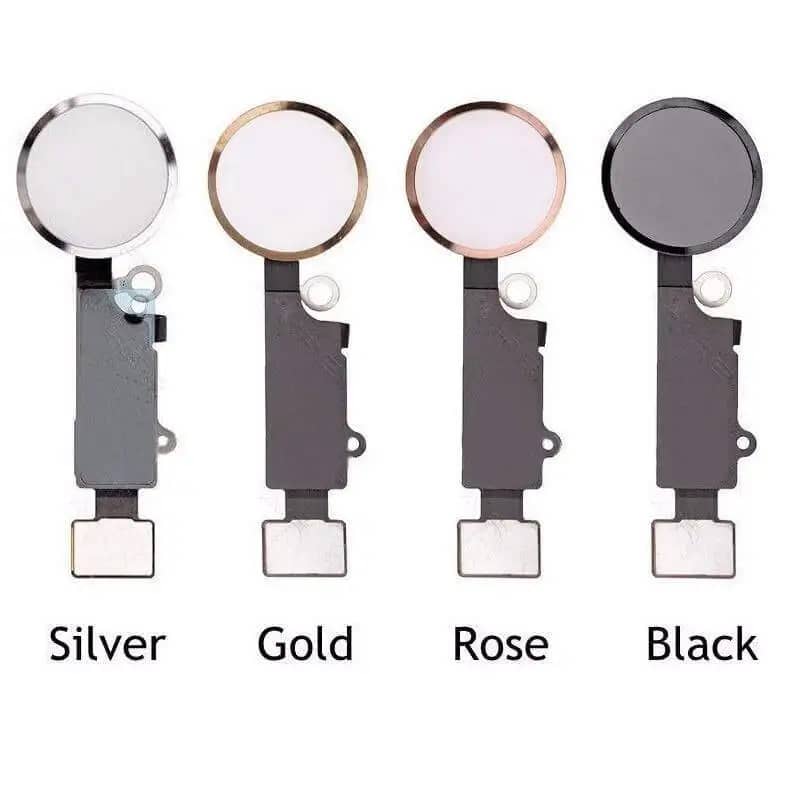
iPhone 7 Technical Specification
| Category | Specification | Details |
|---|---|---|
| General | Model | iPhone 7 |
| Release Date | September 16, 2016 | |
| Operating System | iOS 10, upgradable to iOS 15 | |
| Dimensions | 138.3 x 67.1 x 7.1 mm | |
| Weight | 138 grams | |
| Display | Type | Retina HD display |
| Size | 4.7 inches | |
| Resolution | 1334 x 750 pixels | |
| Performance | Chipset | Apple A10 Fusion |
| RAM | 2 GB | |
| Storage | Internal Storage Options | 32 GB, 128 GB, 256 GB |
| Camera | Rear Camera | 12 MP, f/1.8, OIS, Quad-LED True Tone flash |
| Front Camera | 7 MP, f/2.2 | |
| Battery | Type | Non-removable Li-Ion 1960 mAh |
| Connectivity | SIM | Nano-SIM |
| Wi-Fi | Wi-Fi 802.11 a/b/g/n/ac, dual-band | |
| Bluetooth | 4.2, A2DP, LE | |
| Audio | Headphone Jack | No |
| Speakers | Stereo speakers | |
| Build | Materials | Aluminum body, water and dust resistant (IP67) |
Preinstall Apps on the iPhone 7
| Category | App Name | Description |
|---|---|---|
| Communication | Phone | Make and receive calls. |
| Messages | Send SMS, MMS, and iMessages. | |
| FaceTime | Video and audio calls with other Apple devices. | |
| Utilities | Clock | Alarms, timers, and world clocks. |
| Weather | Get weather forecasts and updates. | |
| Calculator | Perform basic and scientific calculations. | |
| Entertainment | Music | Listen to your music library and stream Apple Music. |
| TV | Access TV shows, movies, and Apple TV content. | |
| Podcasts | Listen to podcasts and manage subscriptions. | |
| Productivity | Send and receive emails from multiple accounts. | |
| Calendar | Manage events and schedules. | |
| Notes | Take notes, create to-do lists, and organize ideas. | |
| Others | App Store | Download and install apps from the official Apple store. |
| Safari | Apple’s web browser for browsing the internet. | |
| Maps | Navigation and location-based services with Apple Maps. |
Water and Dust Resistance
The more significant changes that came with the iPhone 7 were in its IP67 water and dust resistance rating. This simply means it’s fully dust-protected and can survive being underwater up to 1 meter deep for up to 30 minutes.
This is huge for users. Accidental spills, getting caught in the rain, or even dropping your phone into a pool are less likely to end in disaster. It gives a sense of security to know your device has an extra layer of protection from everyday mishaps.
But it has to be kept in mind that water and dust resistance isn’t permanent. Apple is quick to remind you that this resistance will degrade over time with normal wear and tear, and doesn’t cover liquid damage under warranty.
While the iPhone 7 started Apple’s dedication to water resistance in its phones, it’s still safe to avoid extended contact with water, particularly when operating the gadget in saltwater or near chemicals that would weaken its protective seals.
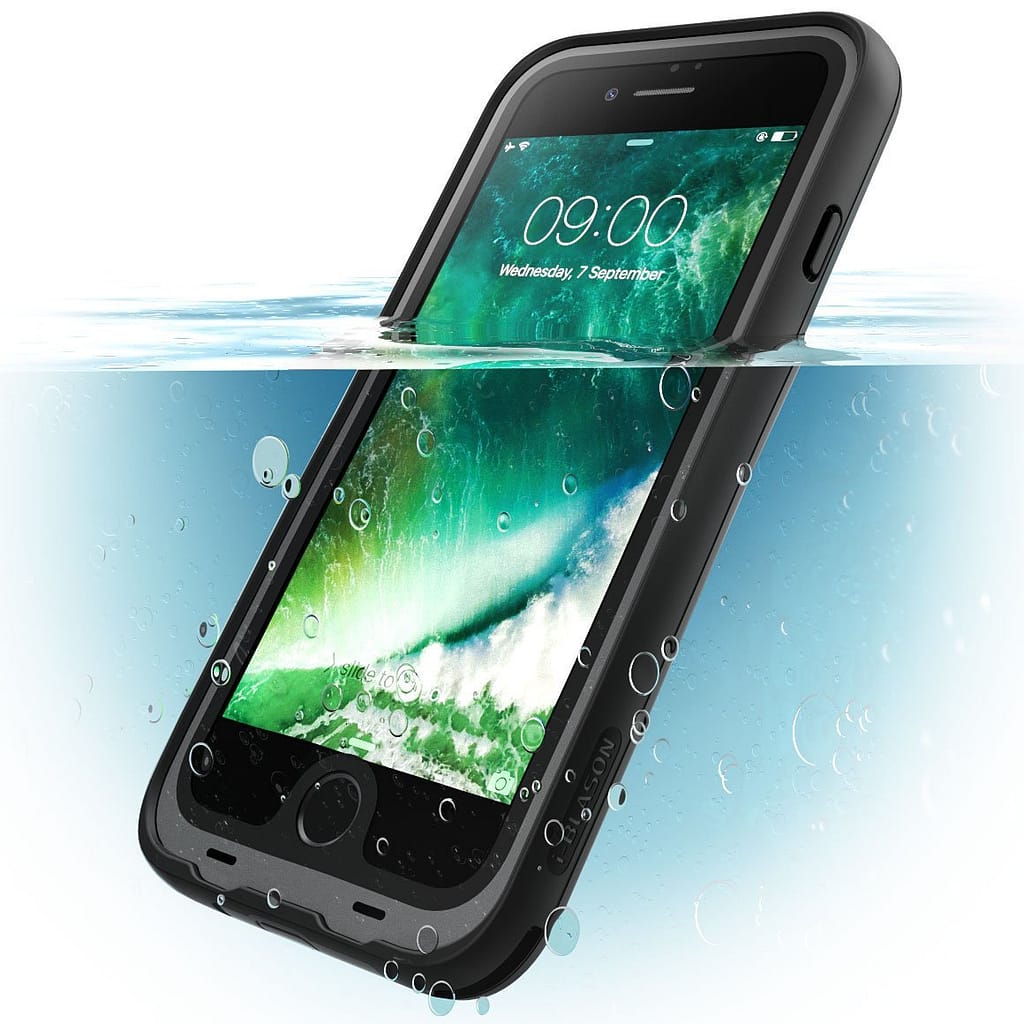
Pricing and Availability
When it was originally launched in September 2016, the base model came with 32 GB of storage at $649. Like most technology products, the prices have radically fallen since then, particularly with more modern models like the iPhone X, the iPhone 11, and onward currently available. You will generally be able to pick up refurbished or preowned iPhone 7s in 2024 starting at around $100 – $250, depending on condition and storage capacity.
iPhone 7 is widely available via online marketplaces, stores dealing in refurbished consumer electronics, and resellers of second-hand goods. With its relatively older hardware, Apple does not sell new iPhone 7 models anymore, although most recent iOS updates still support it to guarantee compatibility with modern apps.
The iPhone 7 would still be one of the very good options for buyers on a budget or those wanting a secondary device. Still, if one has the budget for more recent models, it is always worth looking at.
Is the iPhone 7 Still Worth It in 2024?
The iPhone 7 may no longer be the company’s flagship, but it’s a solidly performing phone with a decent camera system and a line to the latest software direct from Apple. If your budget is small or if you have more modest needs, and perhaps you even want a smaller form factor device, it holds up impressively well for its price.
It may lack the high-end camera setups, Face ID, or edge-to-edge display of newer models, but it covers everything that could ever be termed ‘essential’: great performance for day-to-day tasks, excellent app support, and a design that’s both very familiar and comfortable. It is a great option for those who don’t need the latest and greatest but want to stay within the Apple ecosystem.
That being said, it is also important that buyers be realistic about the limitations of this phone. The A10 Fusion chip, although powerful, does feel a bit underpowered when resource-heavy apps or games are executed, while the battery life isn’t as long as its modern iPhones. For many, the missing modern features that make the iPhone desirable include wireless charging and Face ID.
The iPhone 7 is suitable for users in 2024 for the following purposes:
- Novice smartphone owners.
- Those who need an affordable secondary device.
- Those who are fans of compact-sized smartphones.
- Users who are not particularly dependent on-camera performance or heavy applications.
Conclusion: The iPhone 7’s Legacy
The iPhone 7 is a pivot point for the lineup at Apple. It was one of the first major changes to the lineup: the removal of the headphone jack, the introduction of stereo speakers, and the addition of water and dust resistance pushed what an iPhone could do. It set the stage for further innovations to this day in Apple’s smartphones, while carrying along the same level of quality and reliability that one expects from a device.
Those looking to get into the iPhone ecosystem on the cheap in 2024 will find the iPhone 7 to be one heck of an option: perhaps bereft of a few of the fancier bells and whistles featured in modern flagships, it makes those up with solid performance and great software support, wrapped up in a design that’s built to last.
Whether you’re after a backup phone, a device for a younger user, or just want an iPhone on a real budget, the iPhone 7 is still a solid option if you’re going back to basics with a more classic smartphone. It’s a reminder that you don’t have to get the latest model to enjoy the Apple experience.


